(8 min read) How nomadic living and talking to trees shaped my approach to studying history.
Wandering & Wondering
I've been essentially homeless since 2014, by choice. And for most of 2015-2020, I lived outside, either under a thatch roof on a semi-deserted tropical island or in a campervan I built out myself, wandering remote corners of the US and Mexico. Since semi-retiring in 2018, I haven't spent more than four months in any single location — rarely more than one month, and usually less than a week.
This nomadic life turned out quite well for me when the world shut down in 2020. On the one hand, it sucked because my planned five-month tour of the Ancient Eastern Mediterranean was cut in half. I celebrated the new year in Alexandria and watched with trepidation as Covid spread across the world at the same time I traveled across Egypt, Greece, Turkey, and Israel. I was in Jordan when finally forced to return to the US, as all the governments of the world were closing their borders.
On the other hand, my “lockdown” was quite enjoyable, and the envy of many friends and acquaintances. With my 4x4 campervan and no need to work, I had the entire continental United States as my home — it’s hard to beat the gloriously empty National Forests and BLM lands of the West for “social distancing.”
These were months of relative solitude. I was frequently disconnected from the internet and filled my days with hiking and reading. My kindle (an essential device for a homeless bibliophile) was loaded with texts from an earlier multi-year “wisdom literature” reading project —particularly ancient Greek and Roman philosophy and comparative religion/mythology.
My substack bio calls me a "philosophical historian" and a “practicing philosopher,” and I mean that in the original, literal sense — “lover (philo) of wisdom (sophia).” I don’t have much interest in the fine-tuned nitpicking that goes on in academic philosophy journals, for example (though I do see its value and dip into it from time to time). But philosophy for me is more a question of making wisdom your highest value — “philosophy as a way of life,” as Pierre Hadot called it.
Contemplating wisdom while wandering alone through ancient canyons, towering mountains, and primeval forests creates a particular mindset. Questions constantly circle: Is wisdom achievable? What might it look like? How does one aim for it?
Wisdom of the Ancients
This was my state of mind when, one afternoon in August, I found myself in the Sequoia National Forest and staring up at some five-hundred-year-old trees. That morning I had been driving through a town and did my usual “stop and get online for a bit while I have internet.”
The online world was a shitshow of course, with everyone anxious and angry and immediately overreacting to anything that didn’t fit their preconceived notions of how the world should be.
Being amongst these trees that were twice as old as the nation I was in, however, made me realize that at least one precondition for wisdom would be living for a few hundred years. Certainly I cannot achieve wisdom in my lifetime, but perhaps if I lived to be 500 I might get pretty close. It’s a question of perspective.
The contrast with the world of social media in which I had dipped earlier in the day was stark. There is no wisdom in Instagram or Twitter, etc. It’s all knee-jerk, “my lizard brain is in charge,” myopia. Even the supposedly “wise quotes” posts are just a simulacra, possibly more dangerous to any attainment of wisdom than not seeing them at all, given their inevitable lack of context and suspiciously immediate charms: it’s just sophistry.
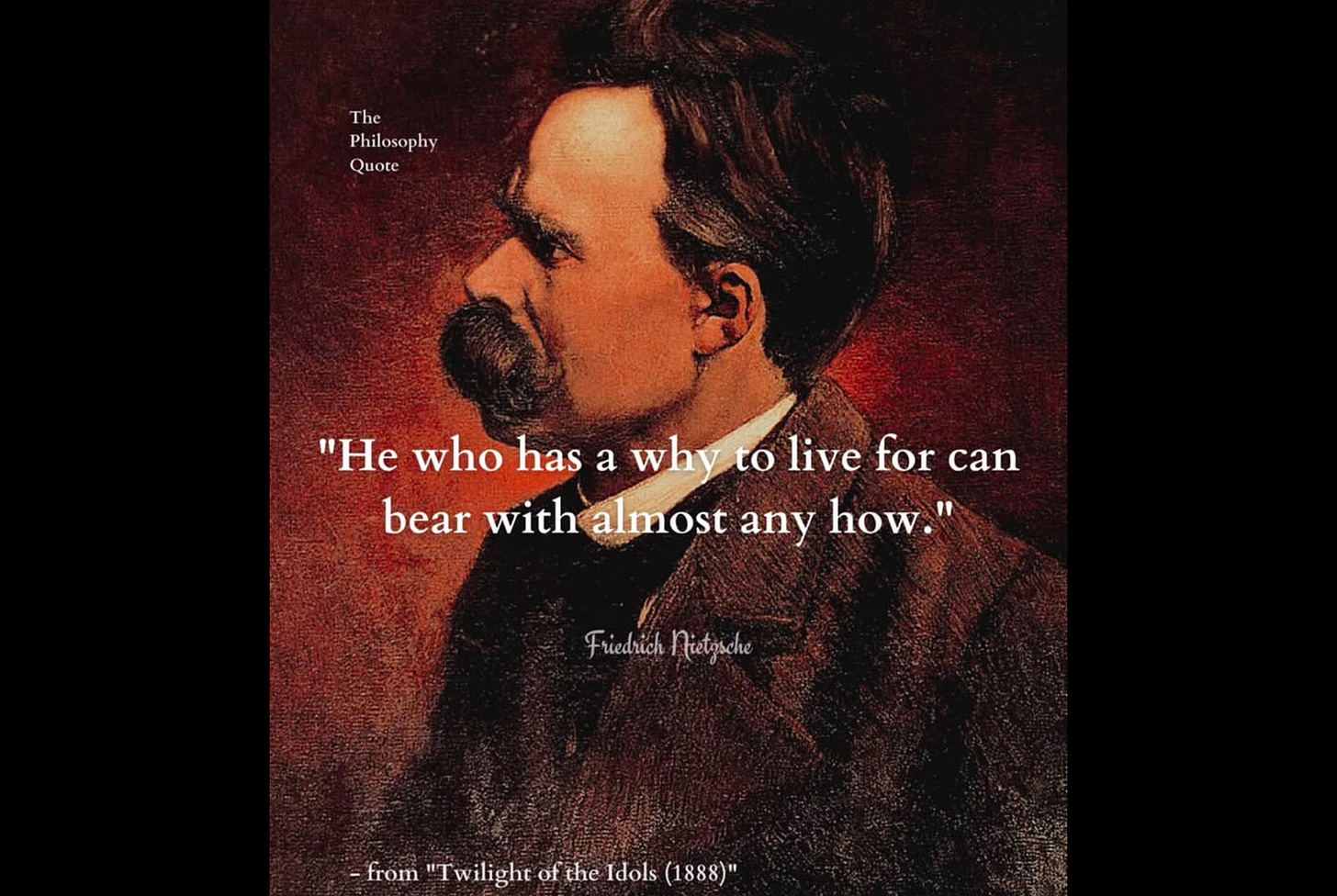
Short-sighted narrow-mindedness is definitely the opposite of wisdom. And it’s obvious that living longer creates the opportunity for more perspective and therefore more wisdom. It doesn’t guarantee it, of course: there are plenty of 80-year old boobs and ignoramuses out there. But with just a little effort and reflection, everyone should find themselves wiser at age 40 than 20, at 60 vs 40, and so on. If only I could live to be 500…
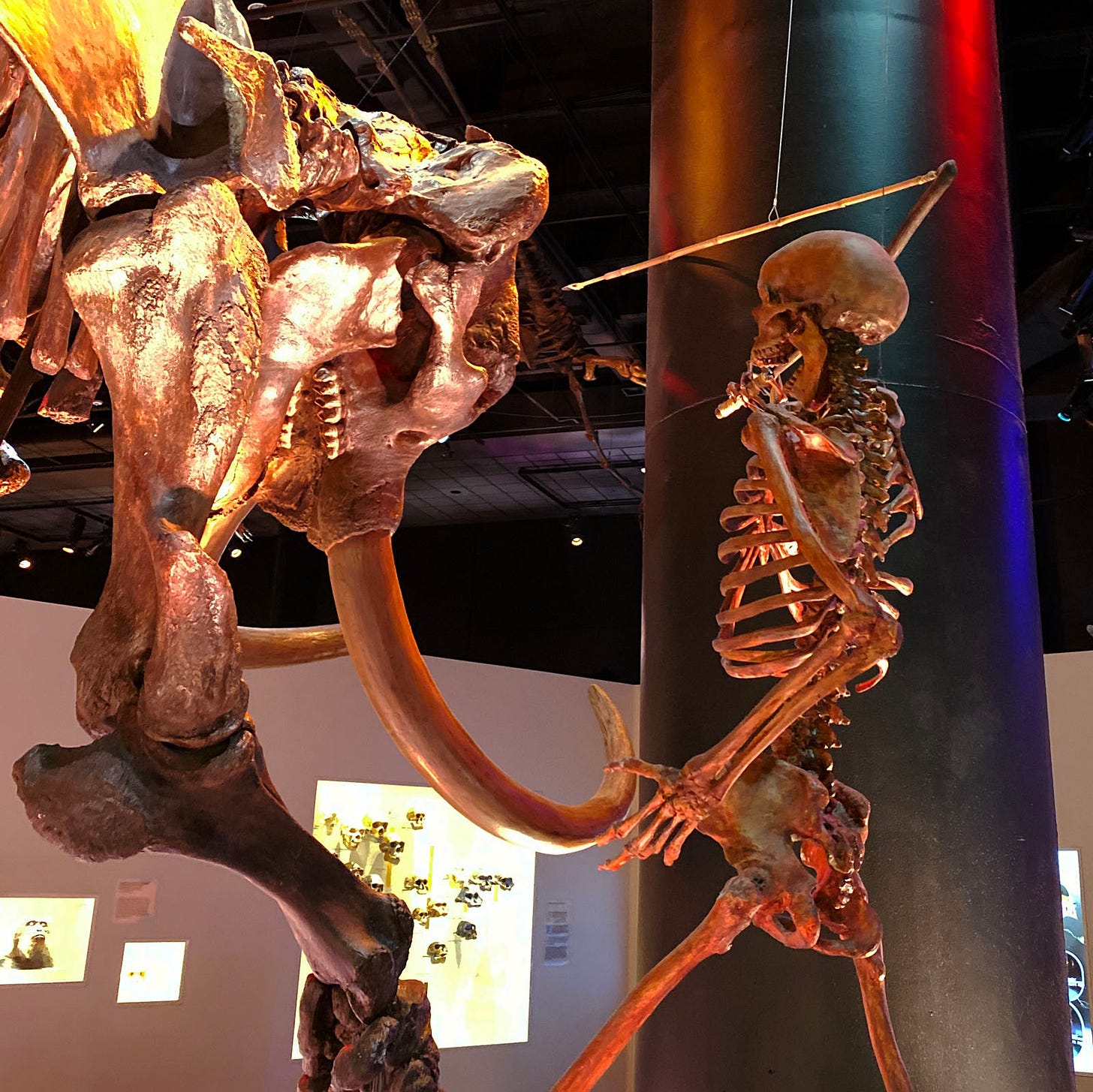
I can’t, of course. But I can do the next best thing, and try to obtain the perspective of a 500-year-old. Studying history — and in particular studying a lot of history, in all periods and across as many cultures as you can find — is the next best thing to living for hundreds of years.
Train your day-to-day thinking to operate in generations and centuries, not weeks and years. Train yourself to consider a decade from now “the near term” and anything less than a hundred years ago as “pretty recently.”
I had an intellectual sense of this idea before, and perhaps you know it too — in a sense what I am saying is obvious. But being there amongst the 500-year-old fellow travelers in Sequoia made it hit home, and gave me a visceral understanding I did not have before. Simply “knowing something” as an idea or fact isn’t the same as “knowing something” in the sense of internalizing it as a viewpoint.
If one treats philosophy as a way of life, one knows that visceral understanding is far more important than intellectual appreciation.
I had probably read a hundred history books before that moment, in some forty years (and half of those in the previous five years). Since then, in less than five additional years, I’ve read another 250. And visited over a thousand museums and historical sites across Asia, Europe, the New East, and North & South America. I’m not going to claim to be able to think like a 500-year old. But I’m closer to it than I was five years ago, as — for example — my recent series on the creation and destruction of social orders shows.
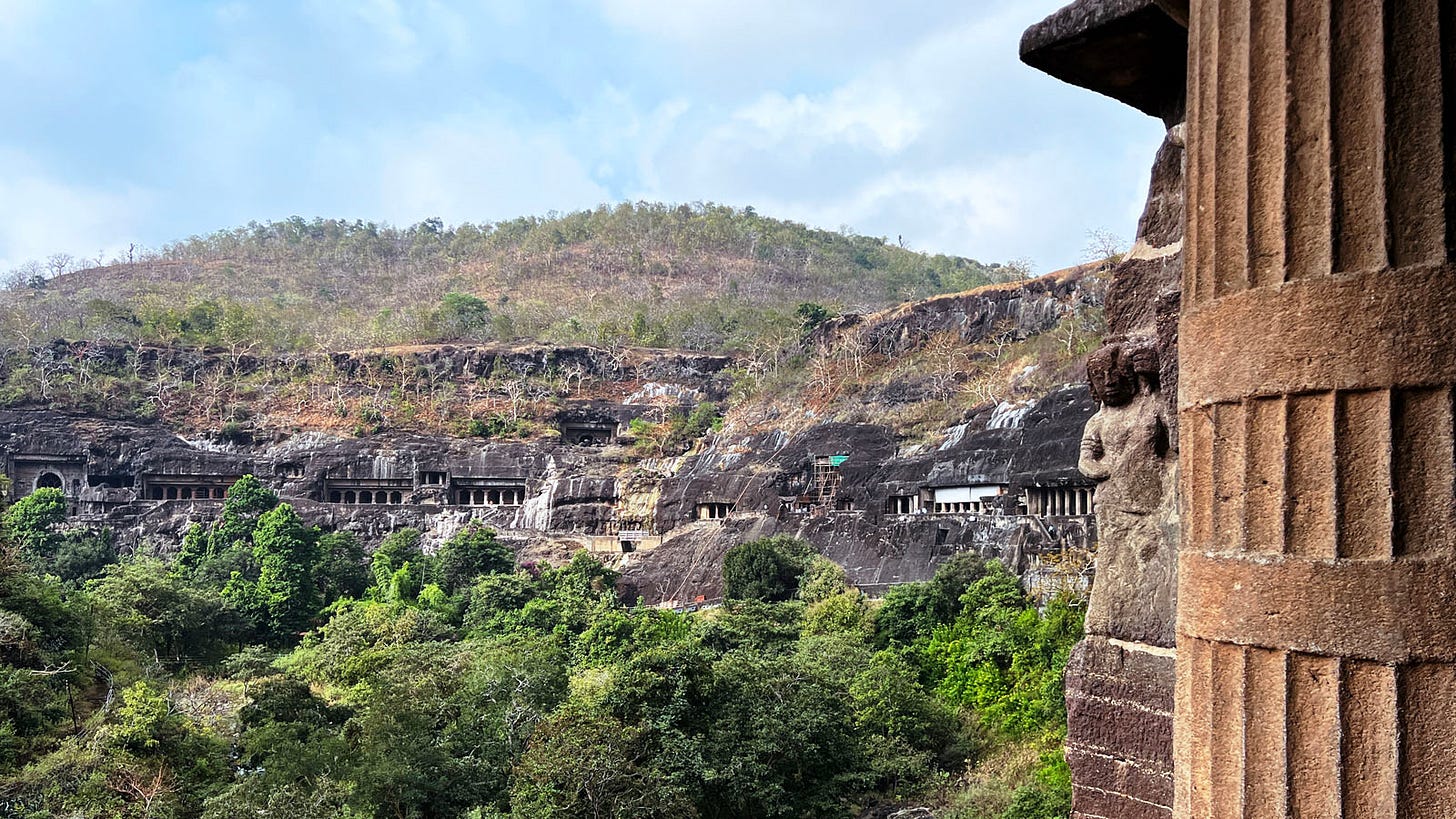
Perspective & Practice
Some forms of historical study won’t bring the type of broad perspective that I am discussing, though they can still be valuable. A professional academic historian writing a paper on the minutiae of a specific historical site over a single decade in the 16th century could become as myopic as a person doomscrolling all day, though they are indeed in a better position to step back and see things from a wider perspective than a social media addict.
As any skim of my Instagram feeds or Substack Notes can attest, I sometimes engage in this detail-oriented work myself, examining a single painting or Gothic details with a dozen or more photographs and nit-picking analysis. Such obsessiveness is necessary to create something like a comprehensive list of the fifty greatest works of Gothic.
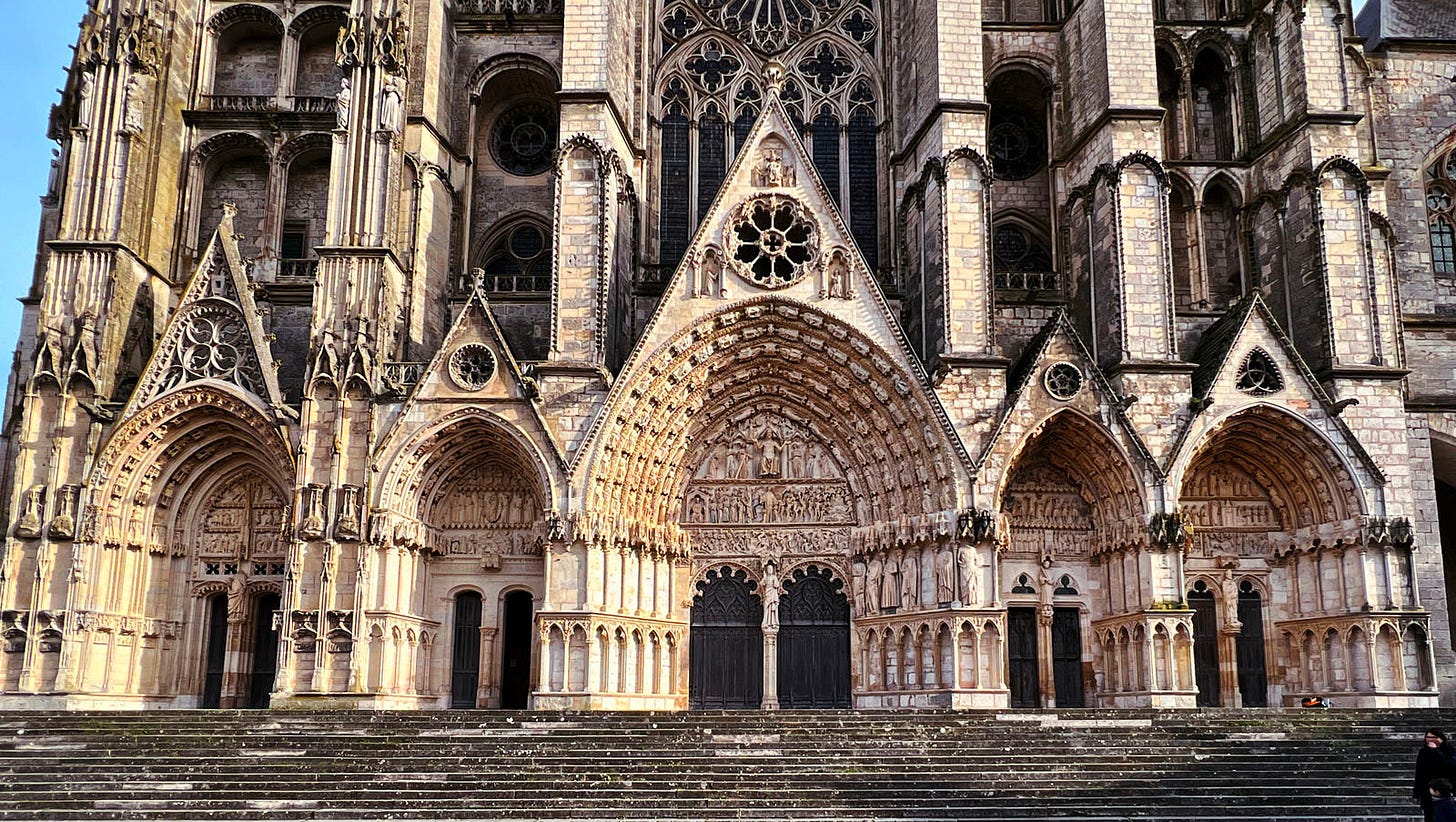
But this detail-oriented work isn't separate from my philosophical project. It compliments it: the particular illuminates the universal, and my study of Gothic cathedrals is — for me — less about architectural history “per se” than how they reflect broader cultural currents of religious thought, political power, and artistic expression in medieval Europe.
I also work to connect the broader context of this “Gothic culture” to the rest of the world. My larger personal project, and the reason my non-Gothic posts range so widely, is to see the big picture of human history.
It’s not only about a long timeframe — I also aim for the big picture geographically and across cultures.
By digging into diverse subjects such as Indian mythology, Chinese philosophy, ancient civilizations, and nineteenth century European artistic movements — while also dipping my toes into anthropology, sociology, media studies, etc — I aim to take not just the perspective of a 500-year-old, but a 500-year-old who can see the entire globe.
It’s impossible for a human to achieve the philosophical ideal of “The View From Nowhere” (as Thomas Nagel aptly put it), but we can strive for such universality. And with enough training, good aim, and a bit of luck, perhaps we get surprisingly close.
** Please hit the ❤️ “like” button❤️ if you enjoyed this post; it helps others find it! **
“Both/And” is itself a fundamental part of this project, and writing essays such as this is one of my core philosophical practices these days. It’s only when you can explain something complex or niche to a lay audience that you can be certain you actually know, at a deep level, what you think you know.
Likewise, the process of selecting and editing photos, outlining a narrative or argument, choosing how and where to connect the words and pictures, and then composing and refining everything into a finished photo essay is — for me — an incredibly edifying experience, solidifying my own understanding. And hopefully it provides an enjoyable experience that adds to my readers’ understanding of the world as well.


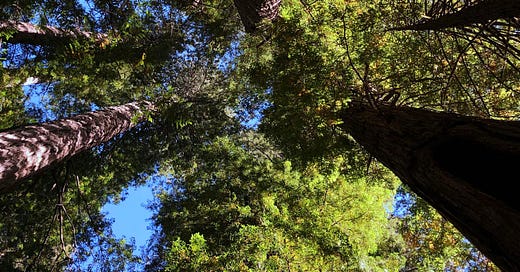


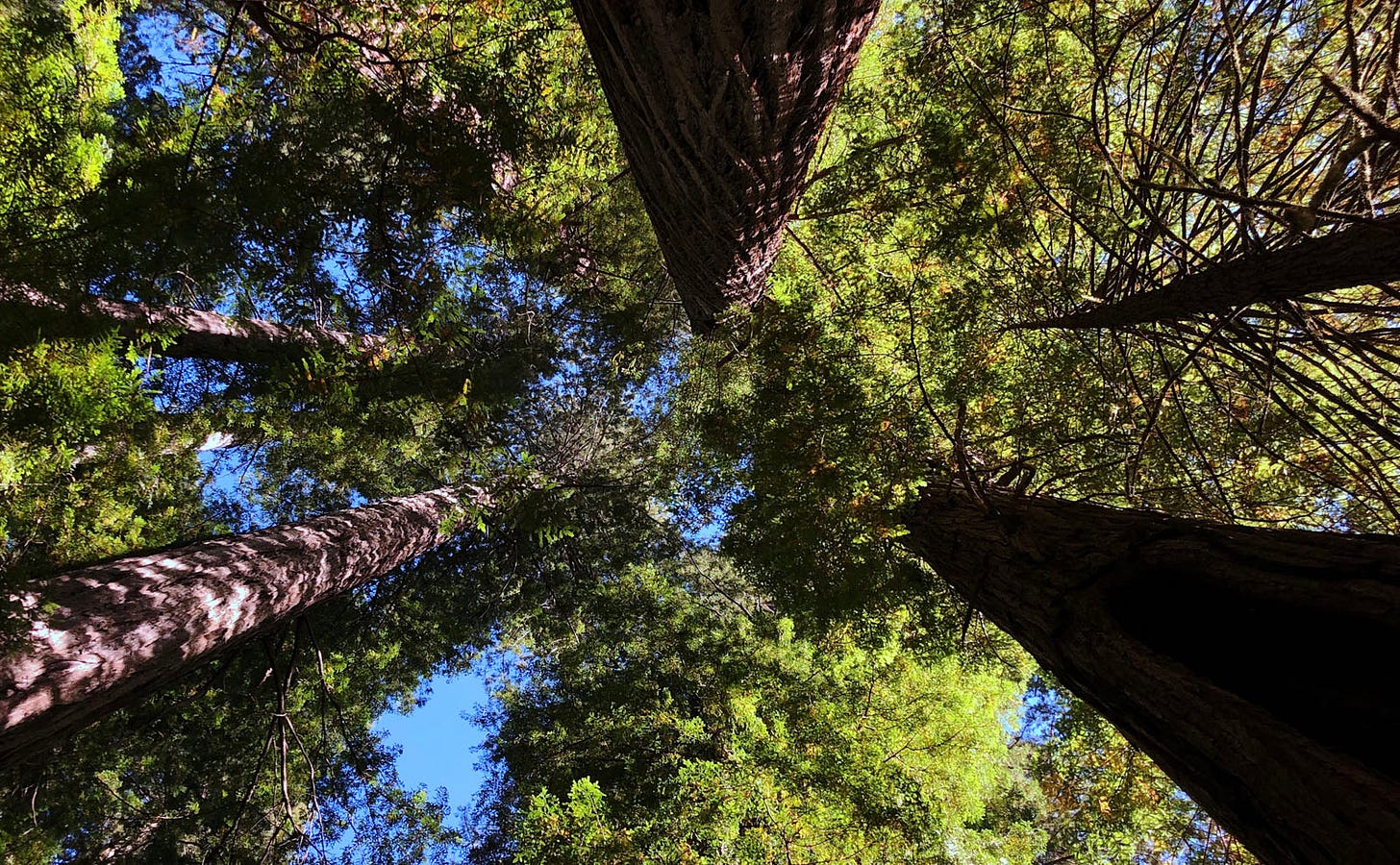

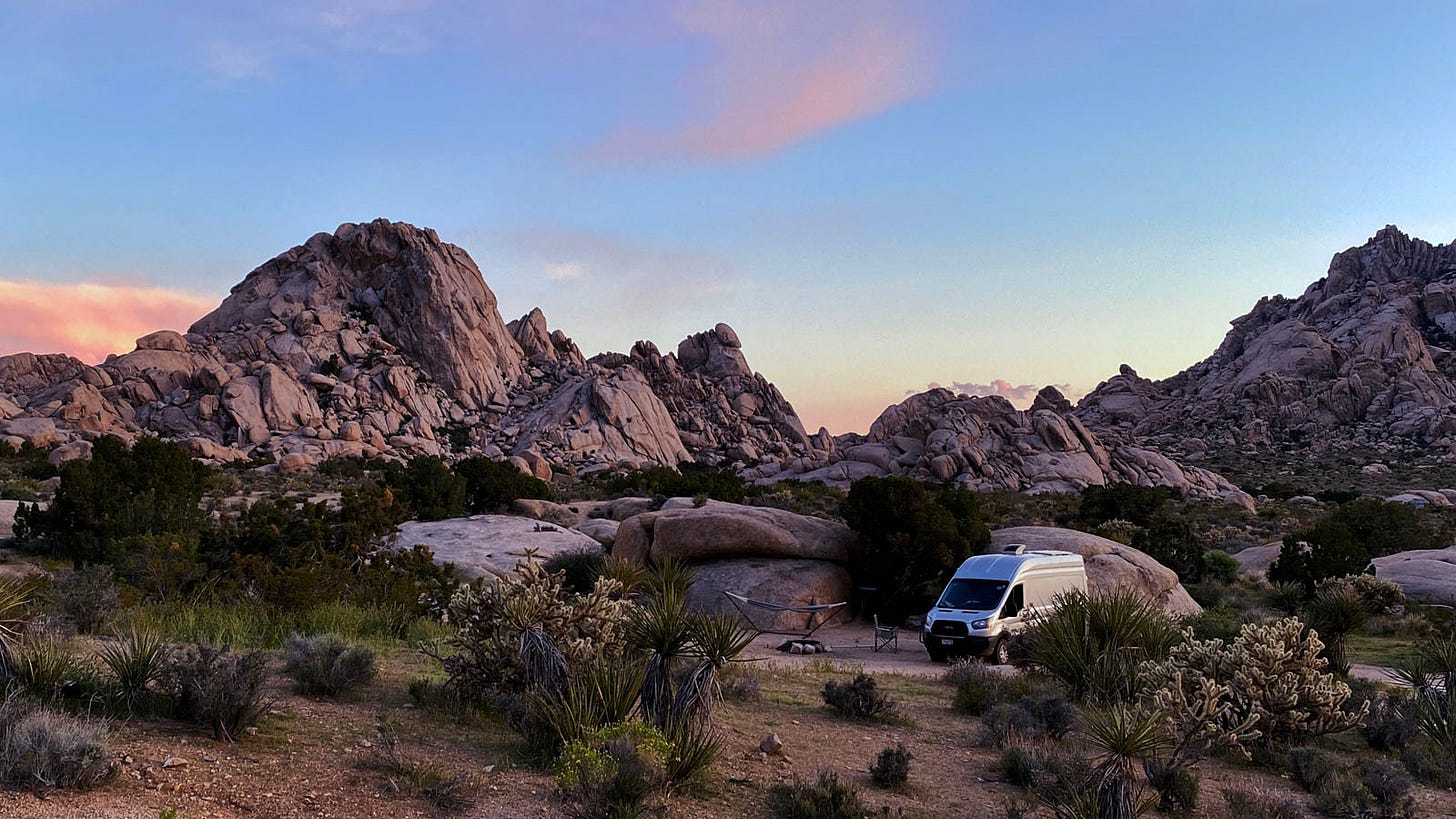
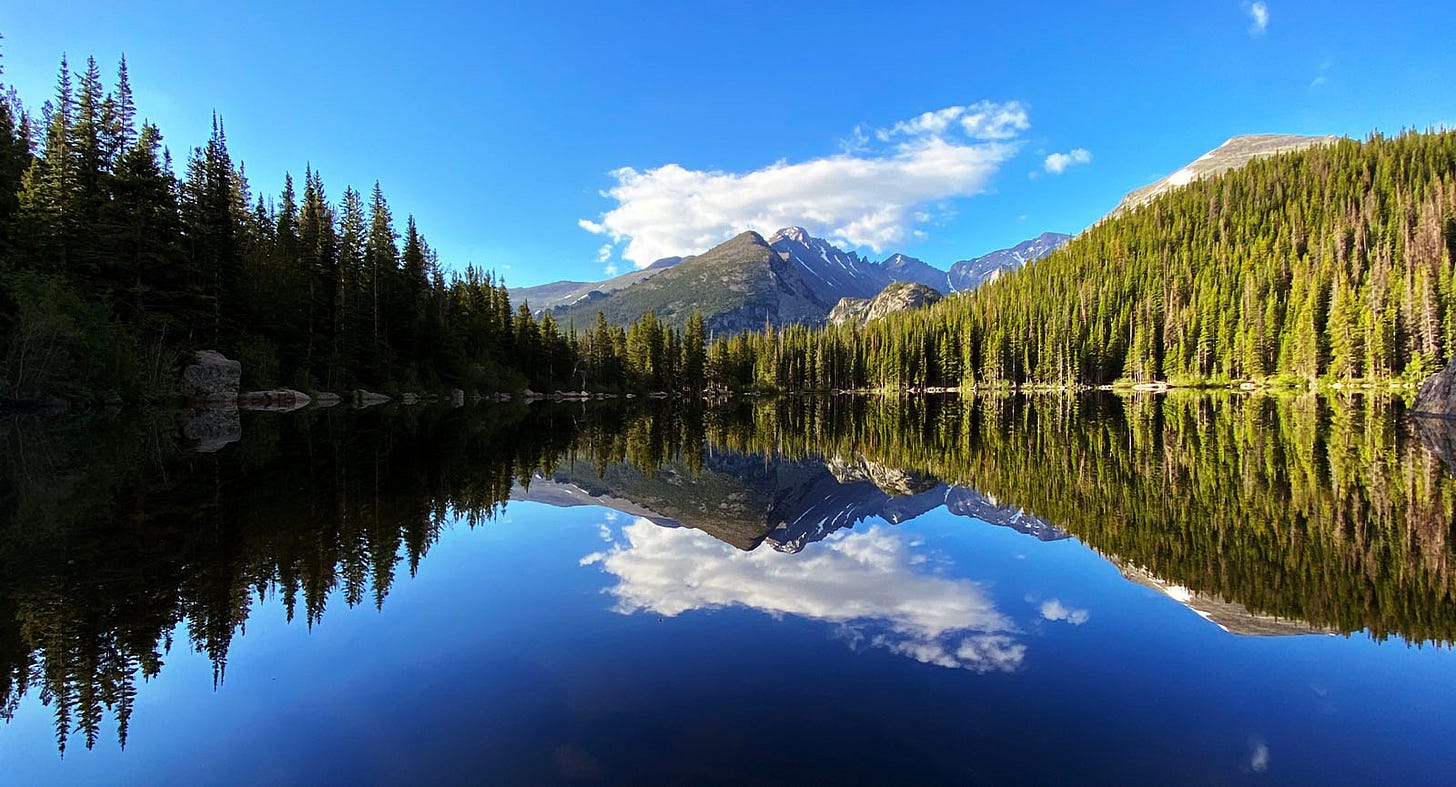
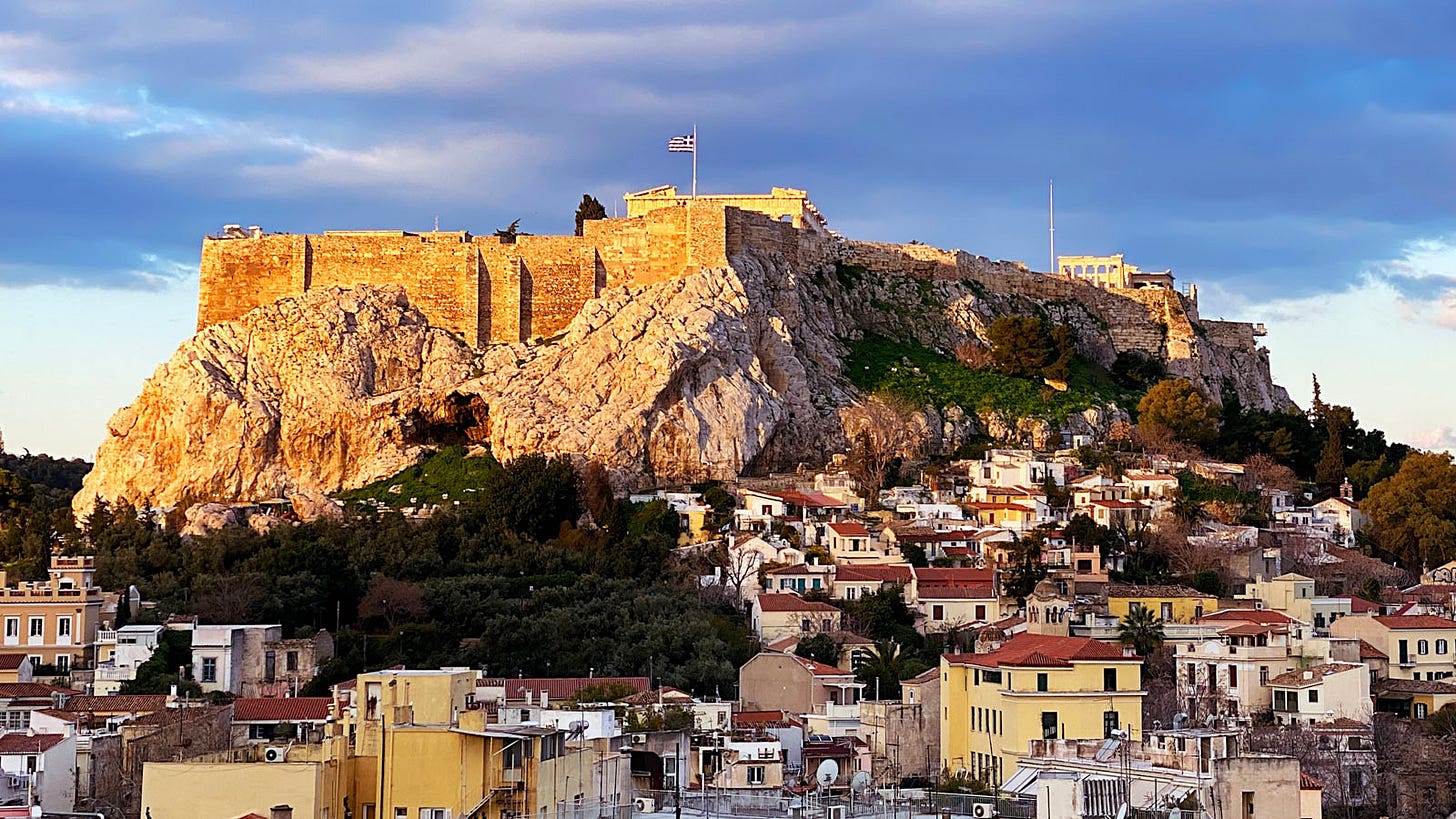
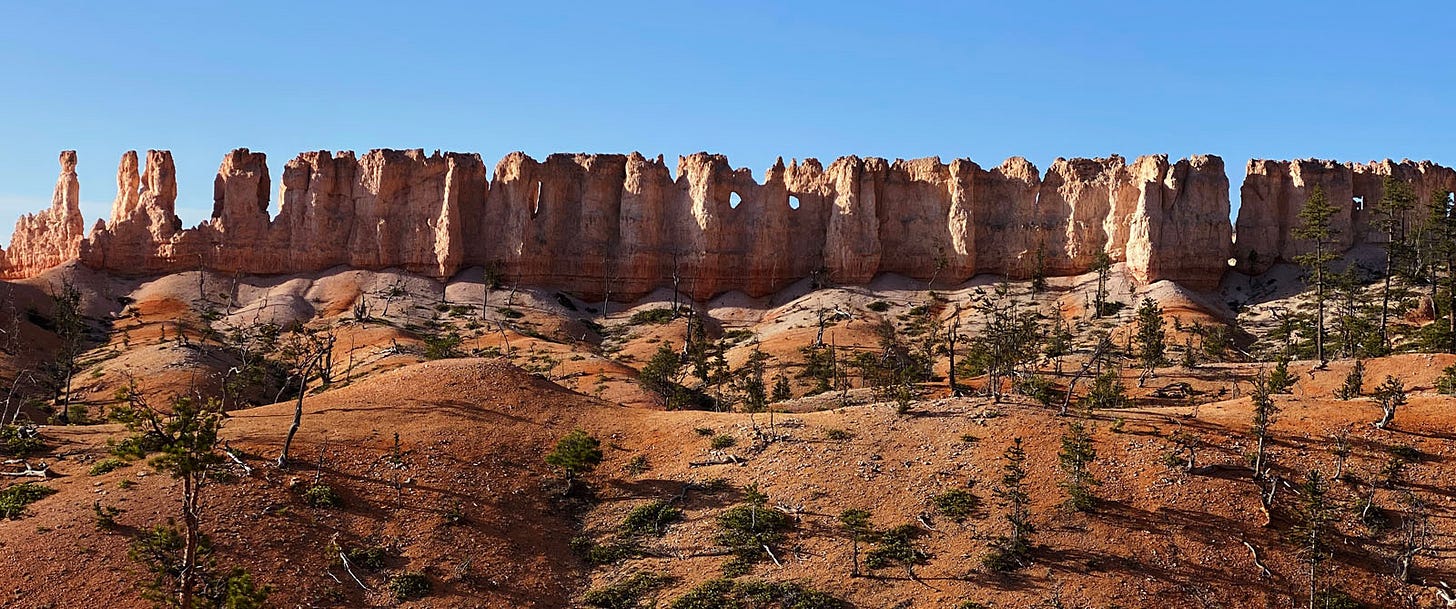
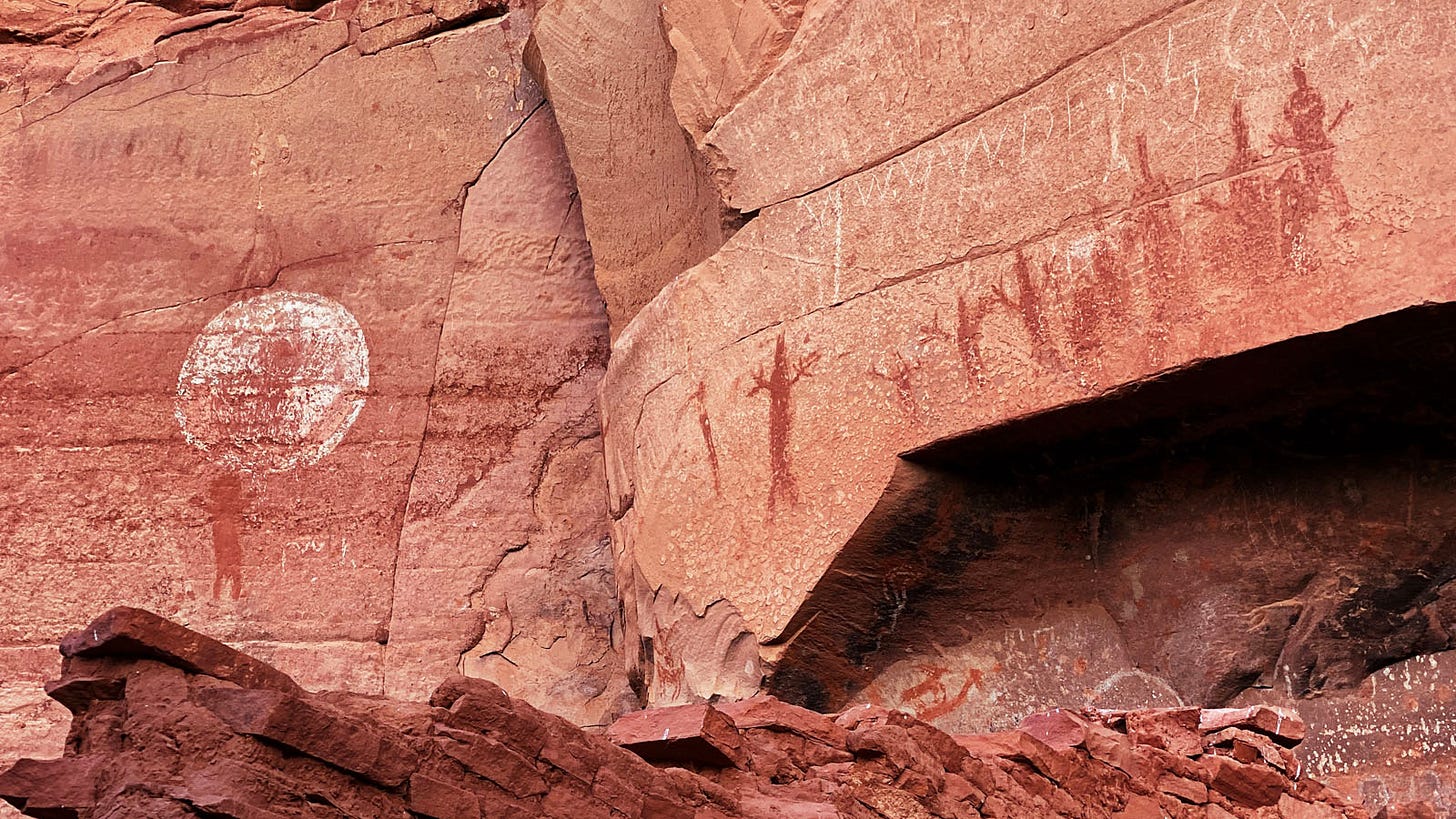
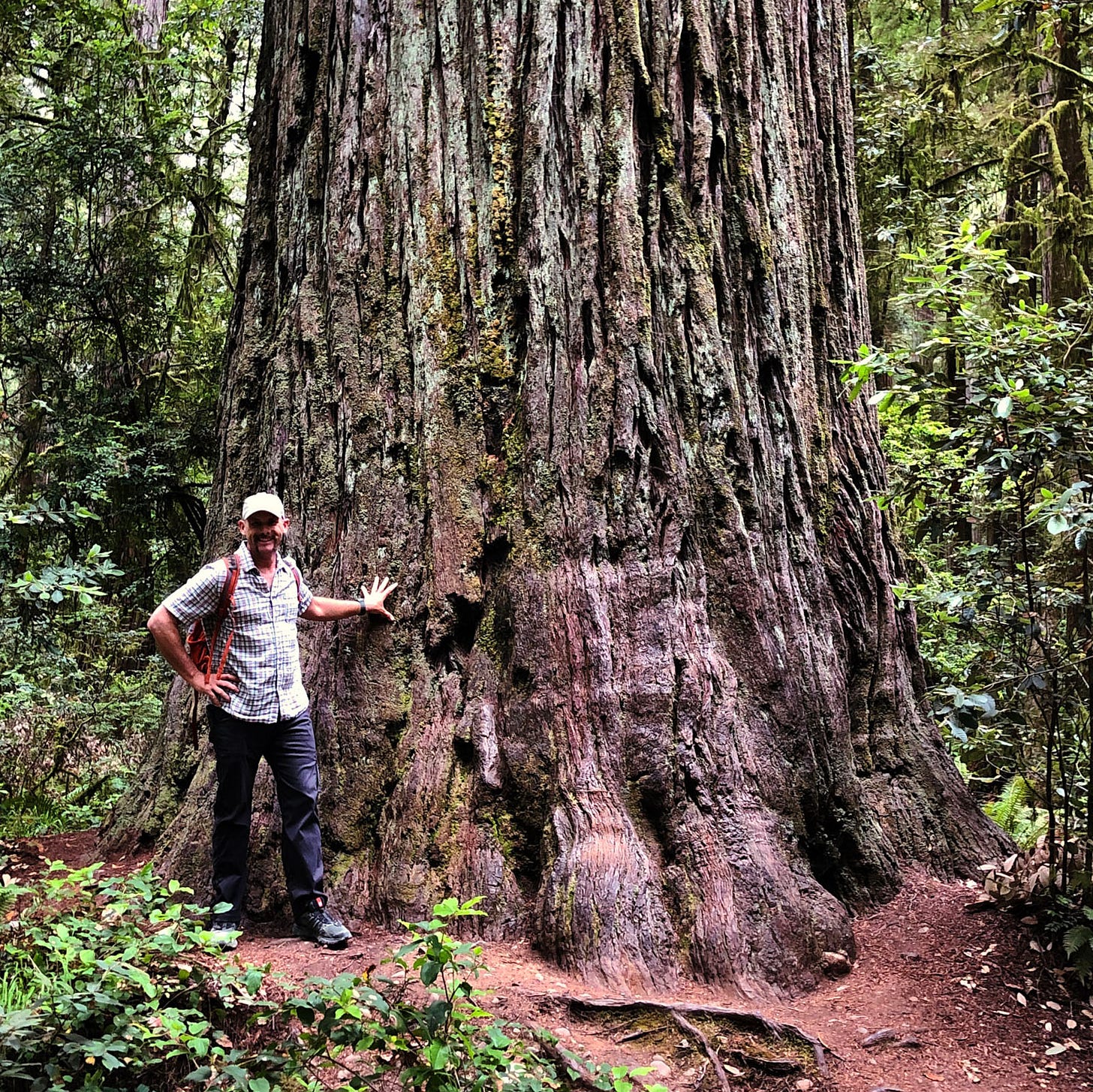
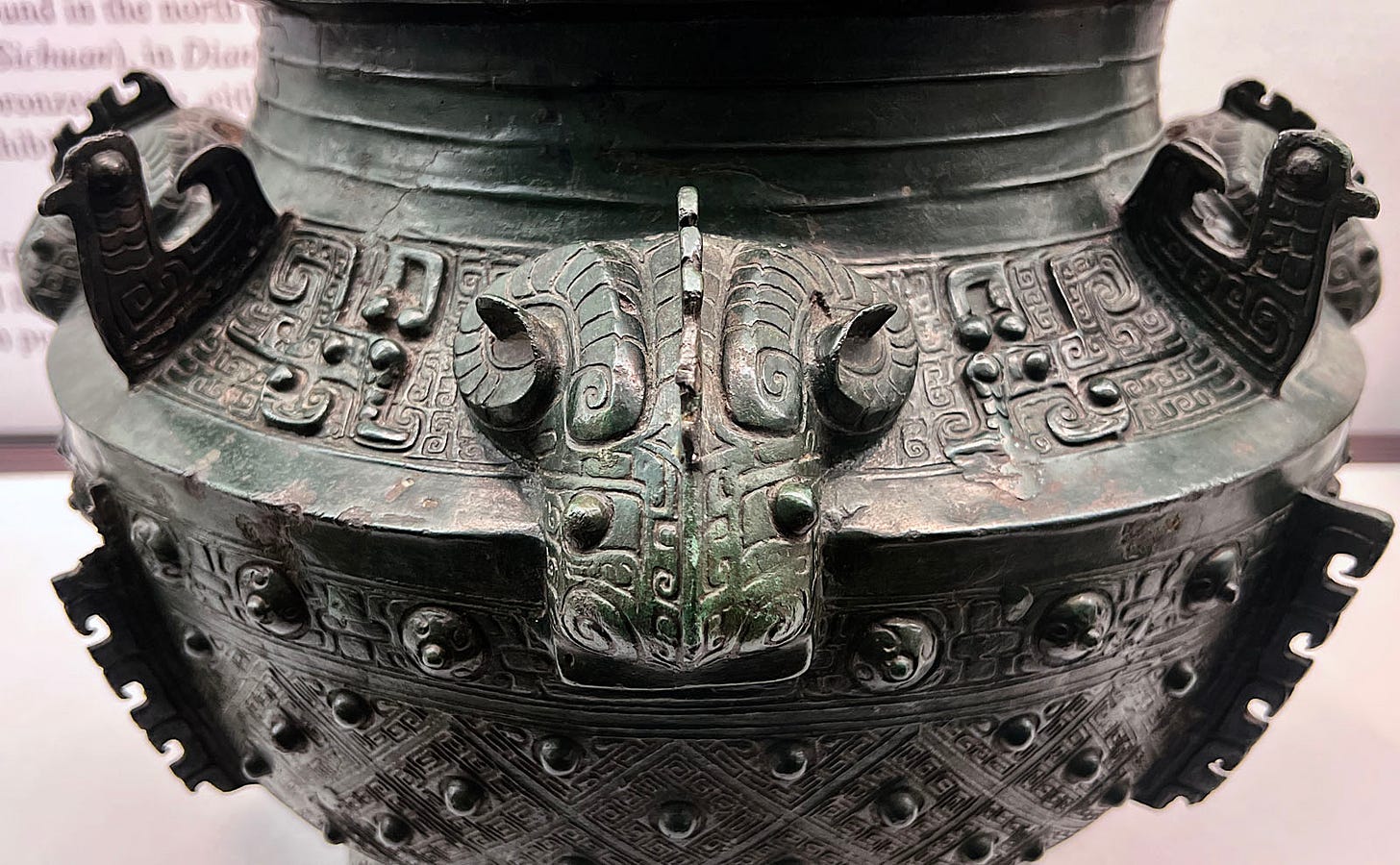
Ben, you are definitely sui generis!
good intro piece from my perspective